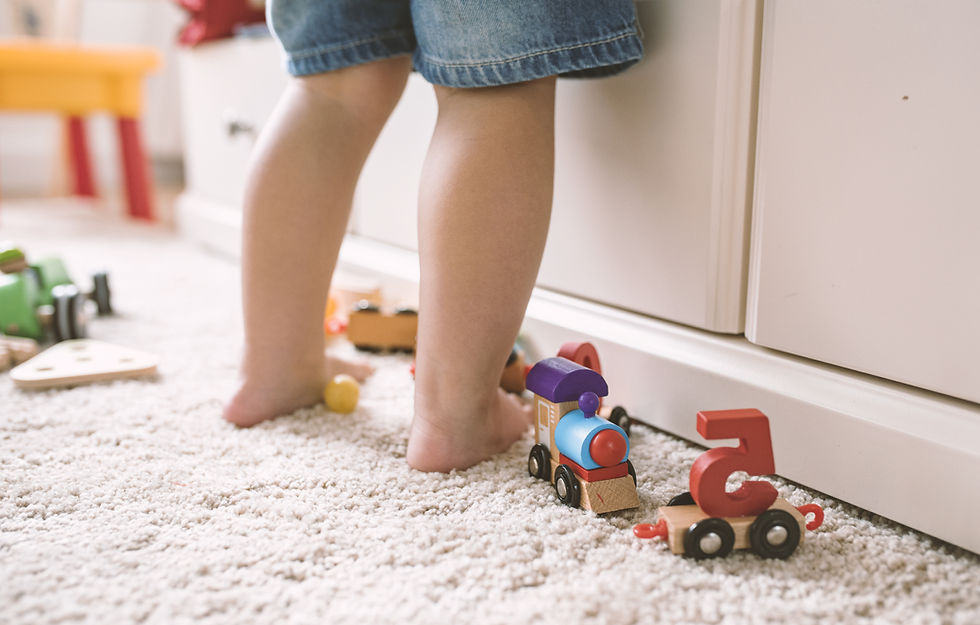The clean up song...Argh!
- Abhirami Gunasingam
- Oct 8, 2022
- 2 min read
I have always strongly disliked the clean up song as an early childhood educator and caregiver. When the song was used in the classroom, it abruptly interrupted play and all the humans in the classroom HAD to clean up toys. It seemed unnatural to me. The humans in the classroom were extrinsically motivated to clean up. I felt no joy in observing young humans struggle during this time.
It is not developmentally appropriate to extrinsically motivate young humans to clean up toys. It is best not to force a young human to clean up toys. The adult is responsible to model and clean up toys. When the young human is intrinsically motivated, the young human will join the clean up experience. The reasons are explained in the following piece of writing:
"A Word about Putting Toys Away
Putting toys away is an issue which can lead to parent-child conflicts
in the family setting as well.
This is borne out by the fact that the play room contains no more
toys than the adult is willing to put away on a daily basis. Once the child un-
derstands that, excessive toys can be avoided through the joint efforts of both.
"Which toys are important for you just now and which ones can we store
away for a while?" would be a question which respects the child's own initia-
tive. It is also useful to have some toys just for winter or summer, for Sundays
or holidays, while keeping others in reserve for sick days.
We should also not make a child responsible prematurely for putting
his toys away. A child does not understand obligations until he reaches school
age. If we bear in mind Emmi Pikler's axiom about socialization: "indepen-
dence as a pleasure" not as a task or obligation, our attitude is entirely diffe-
rent from the start and free of pressure tactics: "You still have to..." and "Not
until...then". If we start by putting the toys away as a matter of course while
requiring nothing of the child, and instead are glad if and when he helps us
at it, he can experience the satisfaction and pleasure of the straightening up
process as a joint undertaking.
A preschooler who is not forced to put away his toys after every play
session will later be more inclined to do so."
Reference
Kálló Éva, & Balog Györgyi. (2014). A Word about Putting Toys Away. In U. Strub & A. Zinser (Eds.), M. Holm (Trans.), The origins of free play (p. 62). essay, Pikler-Lóczy Társaság.


Comments